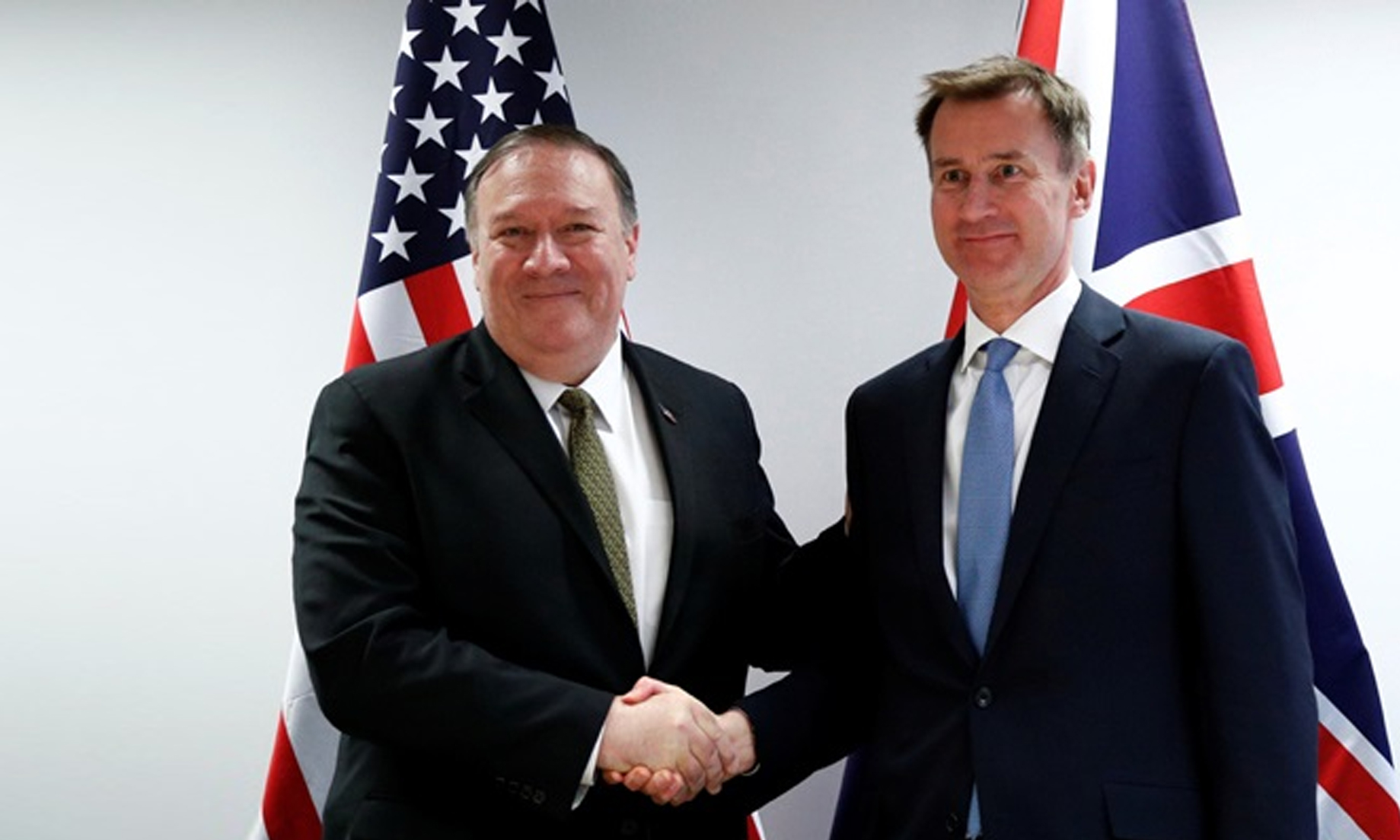Tehran, June 7 (NNN-IRNA) – The increasingly hard-line approach taken by US President Donald Trump’s administration towards Iran is a “strategic mistake”, former US Energy Secretary Ernest J. Moniz said on Thursday.
Moniz, who was at the Ecosperity Conference in Singapore, said Washington’s hardening approach risks provoking Iran not to comply with the 2015 nuclear agreement, CNBC TV reported.
Moniz also warned against “complacency” that the US is “immune” to hikes in oil prices, even with the recent increase in domestic oil production.
Moniz, who was energy secretary from May 2013 to January 2017 under former US President Barack Obama, said he believed Iran was still adhering to the Joint Comprehensive Plan of Action (JCPOA). But he warned that the nuclear power could change its mind “within a month or so”.
Comments by Moniz came on the back of an increasingly provocative rhetoric between Washington and Tehran.
Since Washington’s unilateral withdrawal from the JCPOA in 2018, the Trump administration has deployed a carrier strike group to the Middle East and slapped fresh sanctions on Iranian industrial metals and petroleum. Trump said the moves were aimed at pressuring Tehran into “fundamentally” changing its regime.
In response, Iranian President Hassan Rouhani announced in May that the country intends to end its compliance with two provisions of the nuclear agreement.
US President Donald J. Trump signed a National Security Presidential Memorandum as he announced the withdrawal of the United States from Iran nuclear deal during a “Joint Comprehensive Plan of Action” event in the Diplomatic Reception Room of the White House on May 8, 2018.
Moniz said the US may no longer be able to monitor Iran’s nuclear capabilities if the Islamic Republic pulls out of the nuclear deal completely.
The “hard-won aspects of the agreement” — which planned to “severely” limit Iran’s nuclear activities for 15 years — had “unique transparency and verification regimes”, Moniz said.
“That’s the real issue about confidence in no-nuclear weapons program,” he added. “If we lose that, we would have lost a very, very important tool.”
Geopolitical tensions between Washington and Tehran, among other escalations in the Middle East, have contributed to volatility in oil prices.
If a major disruption to oil supply occurred — such as “tying up the Strait of Hormuz” — oil prices could spike to “well above” $100 per barrel, Moniz said.
The former energy secretary warned that there may be some “complacency” in the US, “that given our dramatic increase in oil production, we are somehow immune to the effects of an oil disruption.”
“History tells us that is absolutely incorrect,” Moniz stressed. “We are tied to the international oil market; we are tied to the international oil price. Frankly, even if we were independent — and we are not — … we would still be exposed to the economic disruption of a price spike.”
NNN-IRNA





